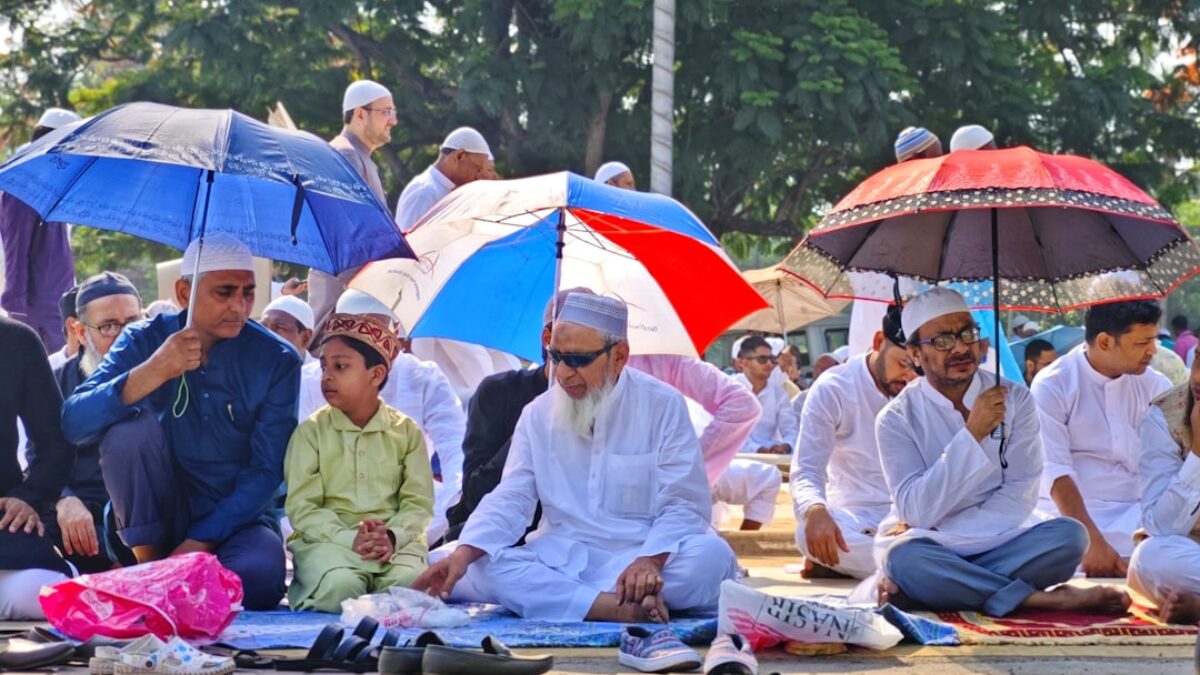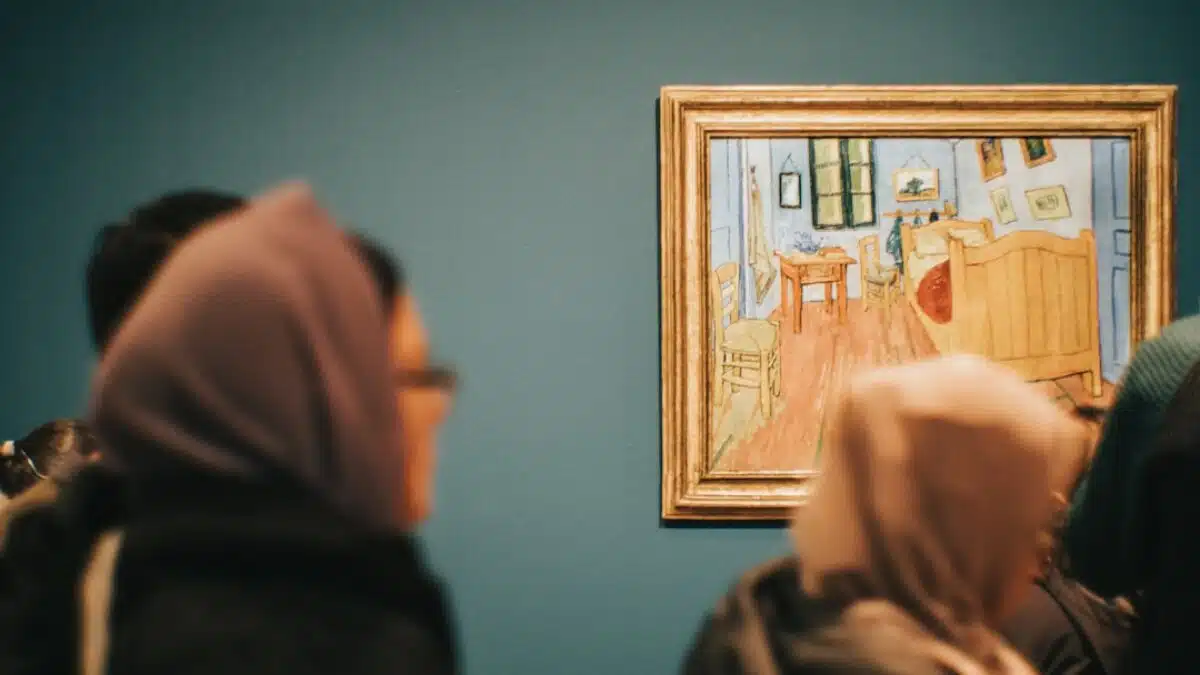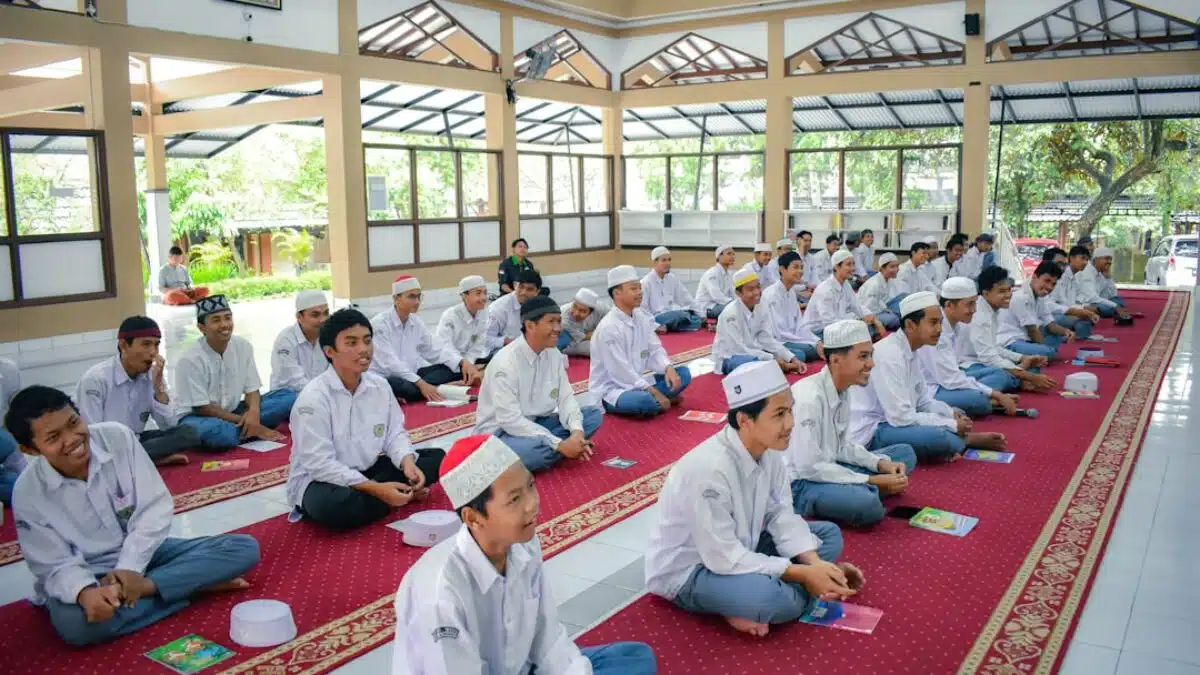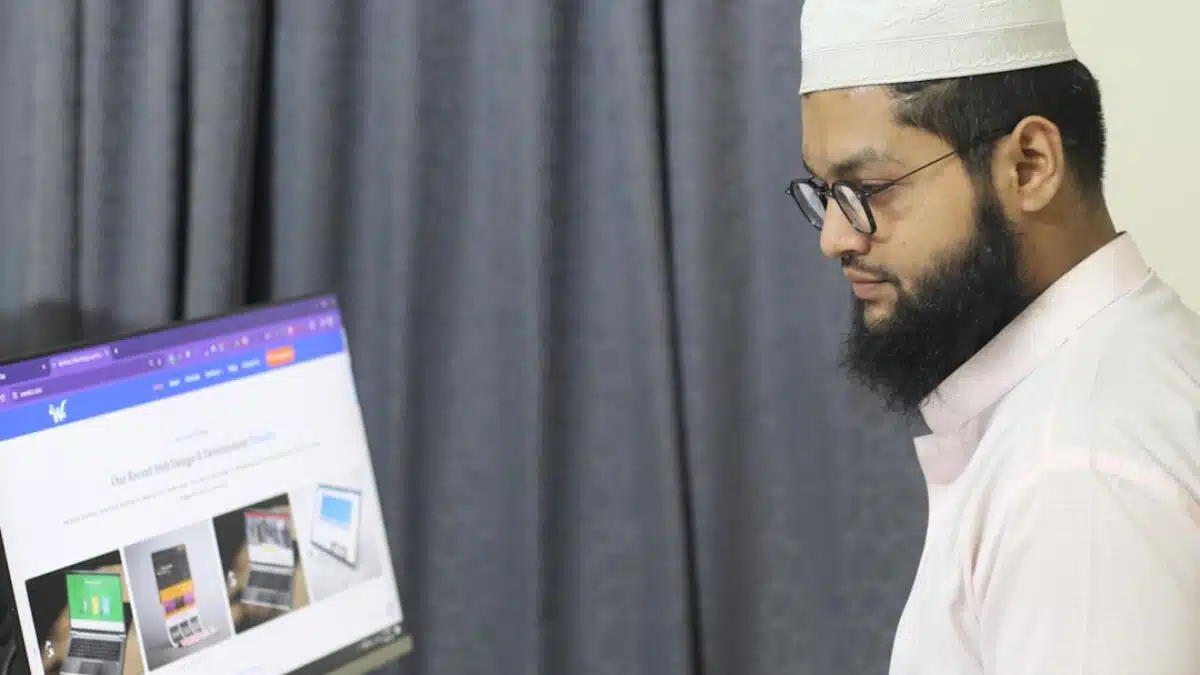The global village of the 21st century is scarred by rising nationalism, widening economic gaps, and ever-multiplying flashpoints of conflict. From the South China Sea to the Sahel, from the streets of Kyiv to the alleys of Gaza, headlines scream of ideological schisms, resource wars, and identity crises. Yet, amid this turbulence, the Islamic world—home to nearly two billion adherents across six continents—stands at a pivotal crossroads. Its internal fragmentation is frequently blamed for regional instability, but the converse is equally true: Islamic unity can become the missing keystone for global peace and collective strength. By transcending sectarian borders, pooling spiritual and material resources, and projecting a coherent ethical voice, the Ummah (global Muslim community) can shift the balance from discord to dialogue, from exploitation to equitable development, and from fear to hope.
Understanding Islamic Unity
Definition and Scope
Islamic unity is not the mechanical conformity of rituals or a monolithic state structure; it is the conscious alignment of shared values, strategic interests, and moral purpose among Muslim-majority nations and Muslim minorities worldwide. It encompasses:
- Theological convergence on Tawheed (Oneness of God) and the finality of prophethood.
- Juridical plurality within the bounds of Maqaasid al-Shariah (higher objectives of Islamic law) that safeguards life, religion, intellect, progeny, and wealth.
- Political cooperation through multilateral institutions, conflict-prevention mechanisms, and diplomatic mediation.
- Economic integration that promotes equitable trade, joint infrastructure, and halal supply chains.
- Cultural exchange celebrating linguistic diversity (Arabic, Persian, Turkish, Swahili, Urdu, Bahasa, etc.) while fostering a common civilizational narrative.
Historical Precedents
History offers instructive micro-models of Islamic unity:
- The Rashidun Caliphate (632-661 CE): Despite succession disputes, the shura (consultative) principle and the distribution of Bayt al-Mal (public treasury) across tribes created early egalitarian cohesion.
- The Ottoman Millet System: Non-Muslims were granted communal autonomy, demonstrating that Islamic governance could accommodate pluralism without diluting core identity.
- The 1973 Oil Embargo: A short-lived but potent illustration of economic leverage when Muslim states acted in concert, reshaping global energy diplomacy.
Key Components of Islamic Unity
Spiritual and Ethical Foundations
At the heart of Islamic unity lies a spiritual covenant articulated in the Qur’an: “And hold firmly to the rope of Allah all together and do not become divided” (3:103). This covenant is operationalized through:
- Ihsan (excellence in intention and action) that transcends ethnic and linguistic barriers.
- Adl (justice) as a non-negotiable benchmark for domestic and foreign policy.
- Rahmah (mercy) that humanizes economic dealings and refugee management.
These values, when institutionally embedded, create a soft-power magnet that influences non-Muslim actors seeking ethical alternatives to realpolitik.
Institutional Architecture
Reimagining the OIC
The Organization of Islamic Cooperation (OIC)—comprising 57 member states—has long been criticized as a symbolic talk shop. However, incremental reforms could transform it into a quasi-legislative and conflict-mediation body:
| Current Function | Proposed Reform | Global Impact |
|---|---|---|
| Annual Foreign Ministers’ Summit | Permanent Council of Reconciliation with binding arbitration powers | Reduces UN Security Council caseload by 20–25 % in Muslim-majority conflicts |
| Statistical, Economic and Social Research Centre | Digital Zakat & Waqf Clearing House leveraging blockchain for transparency | Unlocks $200 billion annually for SDGs in OIC member states |
| Islamic Summit Conferences | Rotating Youth Parliament influencing policy via e-democracy platforms | Counters extremist narratives by mainstreaming young Muslim voices |
Regional Hubs and Cross-Sectarian Councils
Parallel bodies could augment the OIC:
- Al-Azhar-Istanbul-Isfahan Triangular Council to reconcile Sunni and Shia jurisprudential differences on finance and family law.
- West African Ulama Forum integrating Sufi orders, Salafi seminaries, and traditional monarchies to combat Boko Haram and military coups.
- ASEAN Crescent Initiative linking Indonesia, Malaysia, Brunei, and Muslim minorities in Thailand-Philippines for disaster-resilient halal trade corridors.
Benefits and Importance
Conflict Reduction and Mediation
When Muslim states speak with one coordinated voice, their collective bargaining power increases dramatically:
- Palestine: A unified diplomatic front in the UN General Assembly could upgrade Palestine to full membership, leveraging the 57 OIC votes plus swing states in Africa and Latin America.
- Syria & Yemen: A joint Islamic Peace Corps—military observers drawn from Indonesia, Pakistan, and Bangladesh—could replace fragmented foreign militias, facilitating UN-led reconstruction.
- Kashmir & Rohingya Crises: A standing Islamic Human Rights Court—modeled loosely on the European Court of Human Rights—could issue binding provisional measures against ethnic cleansing, backed by economic sanctions administered through the Islamic Development Bank.
Economic Synergy
The Muslim world possesses 40 % of the world’s proven natural gas reserves and over 70 % of untapped solar potential. Yet intra-OIC trade hovers at a paltry 19 %. Catalyzing unity could:
- Create a Pan-Islamic Digital Dirham backed by gold, sovereign commodities, and ethical Sukuk bonds, insulating member states from dollar volatility.
- Establish a Green Crescent Marshall Plan financing solar micro-grids from Morocco to Mindanao, projected to cut global carbon emissions by 4 % while creating 12 million jobs.
- Harmonize Halal Certification through QR-coded blockchain ledgers, reducing trade friction and unlocking a $3 trillion global halal consumer market.
Soft-Power Projection
A unified Ummah can repurpose its cultural heritage into global public goods:
- Islamic Netflix streaming historical dramas on Andalusian co-existence and Timbuktu scholarship, countering Islamophobic tropes with nuanced narratives.
- Quranica Initiative digitizing centuries-old manuscripts in Tashkent, Fez, and Jakarta, offering open-source access to world heritage.
- Peaceful Pilgrimage Diplomacy using the annual Hajj to convene Track-II dialogues between Iranian, Saudi, Turkish, and Afghan civil society leaders.
Practical Applications
Grassroots Mobilization
Unity is not a top-down decree; it begins in local mosques, campus associations, and women-led cooperatives. Successful case studies include:
- Jordan’s Zakat Micro-Finance Network, where Sunni and Circassian Muslims channel zakat to Christian artisans, creating 9,000 cross-confessional jobs.
- Indonesia’s Nahdlatul Ulama & Muhammadiyah Joint Task Force deploying 50,000 volunteers during the 2025 earthquake in Turkey, demonstrating transnational solidarity.
- UK’s Ramadan Food Banks, run by Sunni, Shia, and Ahmadi youth, feeding 250,000 homeless Britons annually and redefining Muslim civic identity in the West.
Digital Platforms for Pan-Islamic Collaboration
Technology can compress centuries of fragmentation into years of synchronized action:
- UmmahNet—a federated super-app integrating prayer times, charity wallets, halal e-commerce, and multilingual fatwa services.
- Imam AI—a large language model trained on both Sunni and Shia classical sources, offering instant, cross-mazhab answers to young Muslims navigating modern dilemmas.
- Muslim Climate Corps—a gamified platform where users earn “DeedCoins” for reducing carbon footprints, redeemable for Umrah vouchers funded by green Sukuk.
Policy Roadmap for Governments
| Timeline | Action Item | Responsible Actors | Success Metric |
|---|---|---|---|
| Year 1 | Adopt an OIC-wide mediation protocol for intra-state conflicts | OIC General Secretariat + Qatar, Turkey, Malaysia troika | 50 % reduction in battlefield deaths in Libya and Sudan |
| Year 3 | Launch a common digital currency pilot among Indonesia, UAE, Nigeria | Islamic Development Bank + central banks | $10 billion in cross-border trade settled via D-Dirham |
| Year 5 | Establish a Crescent Erasmus program for 100,000 Muslim students | Education ministries + Al-Futtaim, Sabancı, and Bakrie Foundations | 75 % of graduates placed in joint Islamic-NATO peace tech ventures |
Frequently Asked Questions
What is the theological basis for Sunni-Shia cooperation?
The Qur’an (4:59) commands believers to “obey Allah, the Messenger, and those in authority among you.” Classical jurists such as Imam Al-Shafi’i ruled that differences in jurisprudence (fiqh) do not necessitate political disunity. Modern fatwas from Al-Azhar and Qom’s Al-Mustafa International University endorse taqrib (rapprochement) on humanitarian and environmental issues, citing the principle of maslaha (public interest).
Would Islamic unity infringe on national sovereignty?
Unity is not a supranational government; it is a confederation of sovereign equals. The proposed Council of Reconciliation operates on the ASEAN consensus model—decisions require unanimity, and states can opt out. Case in point: the Gulf Cooperation Council has maintained sovereignty since 1981 while jointly negotiating free-trade agreements.
How can Muslim minorities in non-Muslim countries contribute?
They serve as transnational bridges. British Muslim doctors can volunteer in Bangladeshi hospitals during pandemics, while Canadian Muslim tech entrepreneurs can offer cloud credits to OIC start-ups. Recognized legal frameworks such as waqf 2.0 (digital endowments) allow diaspora capital to flow into micro-equity projects in Mali or Mindanao with full Shariah compliance.
What role do women play in Islamic unity?
Women scholars like Dr. Amina Wadud
























Post Comment